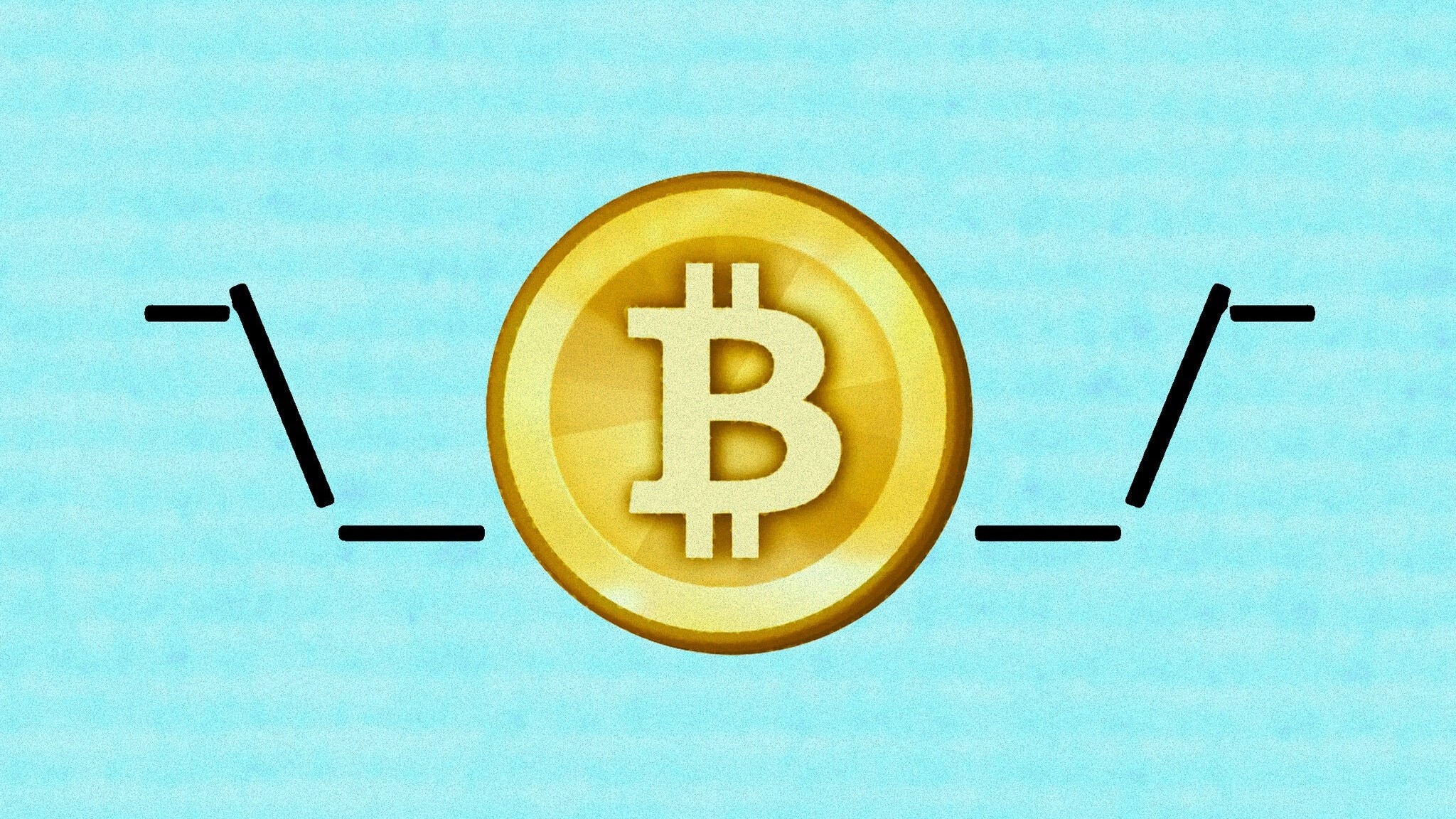
Every morning, we run The Narrative Machine on the past 24 hours worth of financial media to find the most on-narrative (i.e. interconnected and central) stories in financial media. It’s not a list of best articles or articles we think are most interesting … often far from it. But for whatever reason these are articles that are representative of some chord that has been struck in Narrative-world. And whenever we think there’s a story behind the narrative connectivity of an article … we write about it. That’s The Zeitgeist. Our narrative analysis of the day’s financial media in bite-size form.
To receive a free full-text email of The Zeitgeist whenever we publish to the website, please sign up here. You’ll get two or three of these emails every week, and your email will not be shared with anyone. Ever.
We are on record saying that the thing we’d watch out for to spot a change in the nature of the the ongoing US/China trade and tariffs saga is the escalation of rhetoric into ‘national security’ language. There have been flashes of such language at critical points in the negotiation – points in time where, say, a lack of progress on agricultural product purchases leads to someone bringing up Taiwanese sovereignty or the national security implications of IP theft or, uh, hypersonic missiles. But in general, these escalations, which we think have the potential to change the character of the game into a political game in which scorched earth on trade is the optimal strategy, have stayed outside of the core of the trade and tariffs narrative structure.
Today, however, we spotted this near the top of the Zeitgeist.
Federal funding for Chinese buses risks our national security [The Hill]
It’s a guest opinion piece from a few (seemingly esteemed, as far as I can tell) former military and intelligence officers.
The switch from a petroleum past to an electrified future is handing the United States an opportunity to own its transportation future. However, we will only have one attempt to realize this chance. If we do not counter China’s EV ambitions now, we risk losing this golden opportunity to bolster our energy security — and place our transportation needs for the foreseeable future into the hands of our greatest strategic rivals.
Now, I’m not sure if one year’s federal funding for Chinese-made EV buses and the resultant battery infrastructure reliance rises to the level of a national security risk. I don’t say that snarkily or doubtfully – I honestly don’t know. My instinct is to say that of all the threats to the independence of US energy sources (and energy-adjacent tech like this), this struck me as being a not especially terrifying one. There are some serious “why am I reading this now?” qualities to this piece that I hope should jump out to any regular Epsilon Theory reader.
But let’s take it at face value anyway.
Because even if we do, the fact that this rose to the top of the Zeitgeist is probably related, in part, to its linguistic connectedness to popular pop culture debates about Tesla’s new competition in the EV space, to heightened financial markets attention to energy narratives in September, and to broader political discussion of climate change in connection with recent town halls and primary debates. And so I am not convinced that this is the “National Security Escalation” we are looking for.
But that’s my story, not a fact.
Clear Eyes on this one, and open.


Start the discussion at the Epsilon Theory Forum